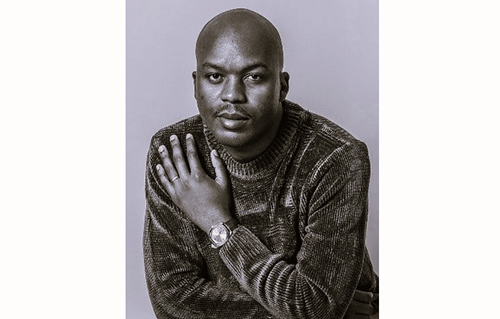Domingo /Goagoseb
Culture wars have become a defining feature of our times. From debates over immigration and multiculturalism to conflicts over gender and sexuality, cultural issues are at the forefront of public discourse. But what are culture wars, and what do they tell us about our society?
At their core, they are conflicted over values and beliefs. They arise when different groups hold incompatible views on issues such as morality, identity and social norms. These conflicts can take many forms – from political debates to social media campaigns to legal battles.
From a philosophical perspective, culture wars reflect deeper questions about the nature of human existence. They raise fundamental questions about what it means to be human, what values we should hold dear and how we should live our lives.
One way to understand culture wars is through the lens of moral philosophy. Different groups may have different moral frameworks that guide their beliefs and actions. For example, some may prioritise individual freedom and autonomy, while others may prioritise social order and tradition. These conflicting moral frameworks can lead to clashes over issues such as abortion rights or same-sex marriage. Another way to understand cultural wars is through the lens of identity politics. Different groups may identify with different social categories, such as race, gender or sexuality. These identities can shape how individuals view themselves and their place in society. Conflicts can arise when different groups feel that their identities are being threatened or marginalised. Philosophers have long grappled with these questions of morality and identity. The ancient Greeks debated the nature of virtue and the good life; enlightenment thinkers questioned traditional authority structures; existentialists explored the meaning of existence in a world without inherent meaning.
Today’s culture wars reflect these ongoing philosophical debates in new ways. They challenge us to think deeply about our values and beliefs, to question our assumptions about ourselves and others, and to engage in constructive dialogue across differences.
Cultural wars can cause serious conflict because they touch on issues that are deeply personal and emotional for people. They challenge our beliefs and values, our sense of identity, and our understanding of the world around us.
One way to navigate culture wars is through the practice of critical thinking. This involves questioning our own beliefs and assumptions, examining evidence and arguments from multiple perspectives, and engaging in respectful dialogue with those who hold different views.
Another way to navigate culture wars is through the cultivation of empathy and compassion. This involves recognising the humanity of others, seeking to understand their perspectives and experiences, and working towards common goals that benefit all members of society.
Ultimately, culture wars are a reminder that philosophy is not just an abstract academic pursuit. It is a vital tool for understanding ourselves and our world for grappling with complex moral and social issues, and for working towards a more just and equitable society.
Culture wars are a reflection of deeper philosophical questions about morality, identity and human existence. They challenge us to think deeply about our values and beliefs, to engage in critical thinking and respectful dialogue, and to cultivate empathy and compassion for others. By doing so, we can navigate these conflicts in a constructive way and work towards a more just and equitable society.
Way forward
While culture wars are a global phenomenon; there are some lessons that Namibia can learn from them. Here are a few:
Respect for diversity: Namibia is a diverse country with many different cultures, languages and traditions. It is important to respect this diversity and to recognise that different groups may have different values and beliefs.
Dialogue and understanding: When conflicts arise, it is important to engage in dialogue and seek to understand the perspectives of others. This can help to build bridges across differences and find common ground. Critical thinking: It is important to question our assumptions and beliefs, as well as those of others. This can help us to avoid falling into the trap of dogmatism or tribalism. Empathy and compassion: Cultivating empathy and compassion for others can help us to see beyond our narrow interests and work towards the common good. Human rights: Finally, it is important to recognise that cultural wars often involve questions of human rights and dignity. Namibia has made significant progress in this area since gaining independence in 1990, but there is still work to be done to ensure that all citizens are treated with respect and dignity. By keeping these lessons in mind, Namibia can navigate cultural conflicts in a constructive way that promotes social cohesion, respect for diversity and human rights for all citizens.
* Domingo /Goagoseb is a cultural apologist. His views are written in his personal capacity and do not represent any organisation. He can be reached at domingogoagoseb@gmail.com



